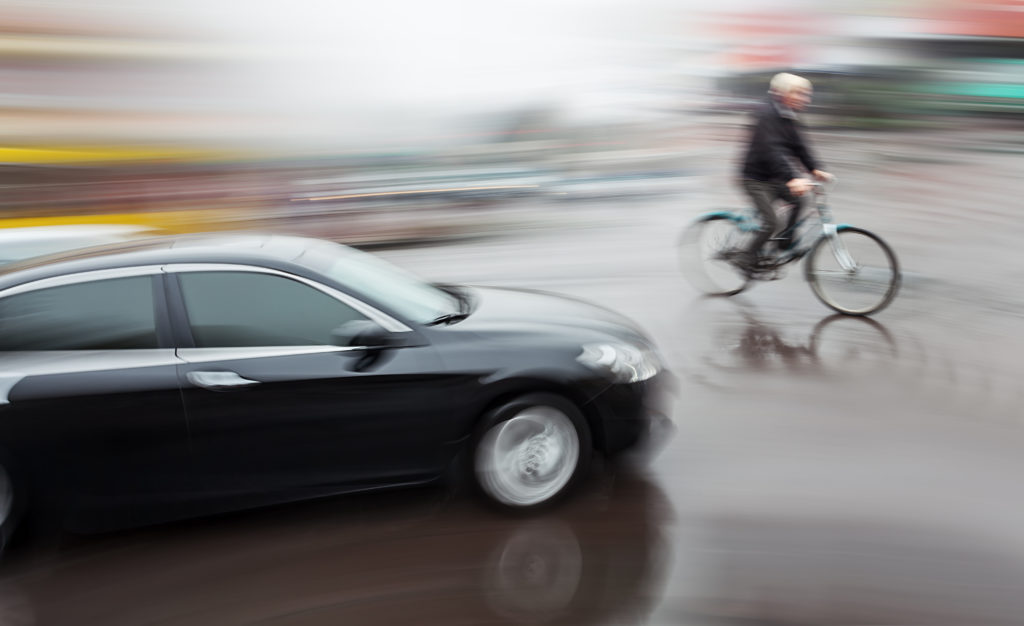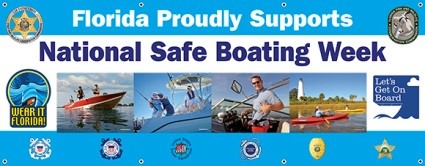A study published this week in the journal, Injury Prevention, estimates that from 1997 to 2013, the medical costs for non-fatal bicycle crashes involving adults increased by an average of $789 million each year. In 2013 alone, total costs were $24.4 billion – about double the amount for all occupational illnesses, the researchers wrote. Those figures cover emergency transport, hospital charges, rehabilitation, nursing home stays, the cost of lost work, and quality of life, among other things.
The rising costs can be partially explained by how bike crashes have changed in recent years, according to Thomas W. Gaither, one of the study’s authors. In the past, there were many “non-street” incidents, but these days most involving adults are crashes with motor vehicles. In 1997, 46 percent of injuries occurred on a street, while in 2014, nearly 67 percent did. This increases, “the velocity of the crash impact and, as a result, the severity of the injury,” Gaither explained. He and the other researchers also suggested that, “streets might also predispose to more injuries due to the coexisting environment with urban areas, increased population density, or the presence of more unyielding street furniture” (meaning things such as telephone polls, fire hydrants, parking meters, and the like).
Despite the bad news about the medical and cost consequences, the researchers said they still thought cycling’s health benefits outweighed its risks. But they concluded the study findings show that there should be a policy focus on injury prevention, adding that better design of roadway infrastructure, and even of bikes and cars, might be in order.
Legal rights are affected by an accident, and it is in your best interest to have a knowledgeable attorney review the facts of your case before you decide what course of action to pursue. An attorney can negotiate a replacement bicycle and/or compensation for damage to your bicycle, and negotiate a bodily injury settlement with the insurance company that takes into account all of your damages, including your pain and suffering. You can learn about all your legal rights and speak directly with an attorney for a free consultation with Hicks & Motto.
Here’s a quick list of what to do in case of a bicycle accident:
- Check yourself – do a cursory and visual search of your person to determine if you have sustained any injuries that need immediate attention. If necessary, call an ambulance. Do not be a hero!
- Assist the injured – check with each person involved in the accident to see if they have been hurt. If necessary, call an ambulance.
- Call the Police!
- Gather as much information as you can – take pictures of the scene; document the make, model, and license plate of the offending vehicle; gather the vehicle’s driver information including name, address, phone number, license number, and insurance information.
- Do not admit fault – your comments made in the tension and excitement of the moment may not be accurate! Wait for all the facts, and consult an attorney before admitting to responsibility, especially if you received a traffic ticket.
- Obtain witness information – write down the names and addresses of all the witnesses or involved parties to your accident. Don’t forget any passengers of the vehicles. Ask the witnesses what they observed.
- See a doctor – serious injuries do not always show immediate symptoms. It is smart to have your doctor or an emergency room doctor examine you as soon as possible. With the recent PIP law changes, you need to see a Medical Doctor within the first 14 days after your accident.
- Bicycle Repair – take you bicycle to a reputable shop with skilled mechanics to evaluate the damage.
- Tickets – don’t admit fault even if you are given a citation. The police officer is only giving his or her opinion of what happened. The ticket itself does not affect your case.
- CALL HICKS & MOTTO – Be sure after your accident you contact your law firm right away. A lawyer can give you advice, and help you through the process whether you are at fault or not.



